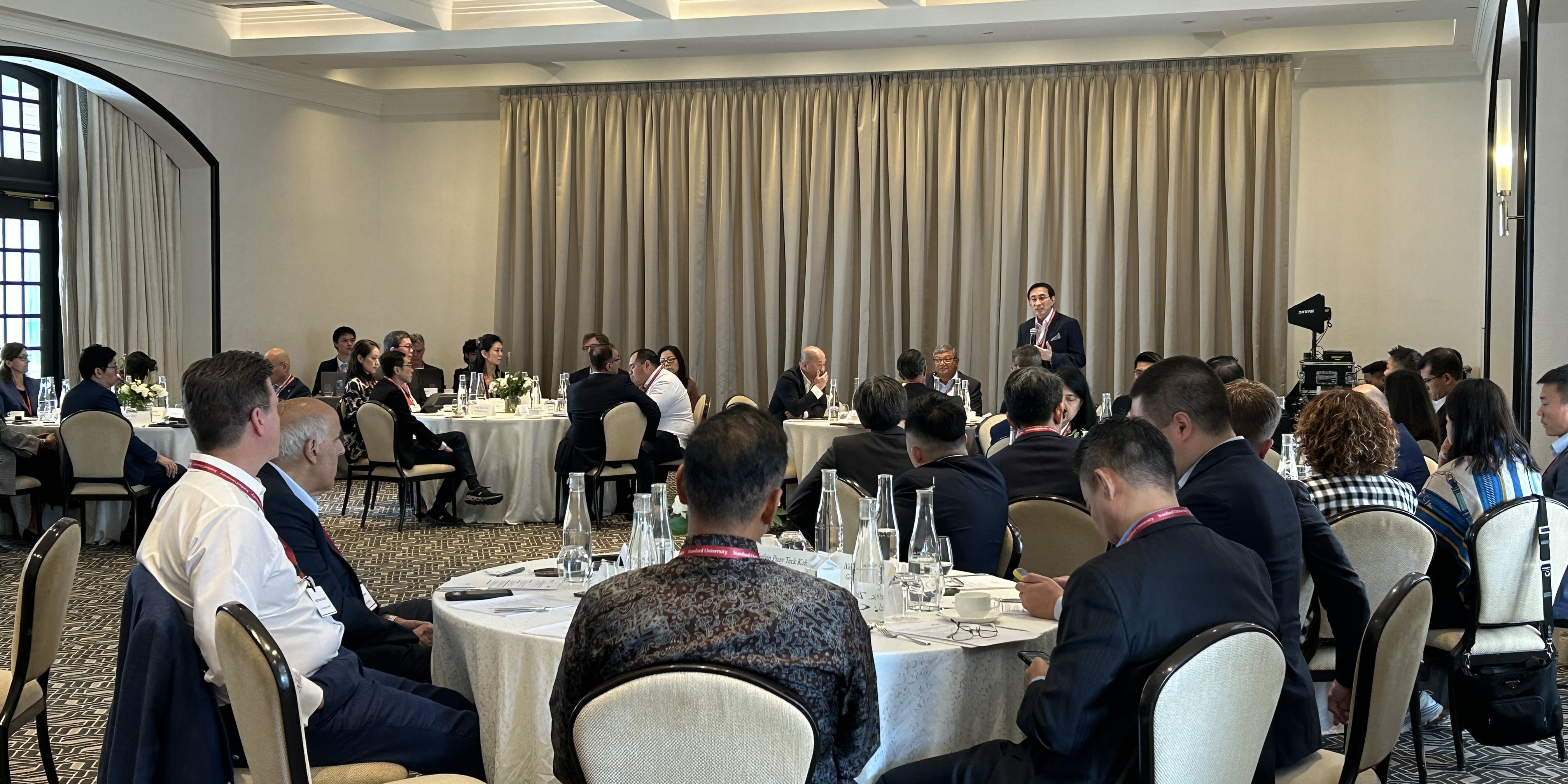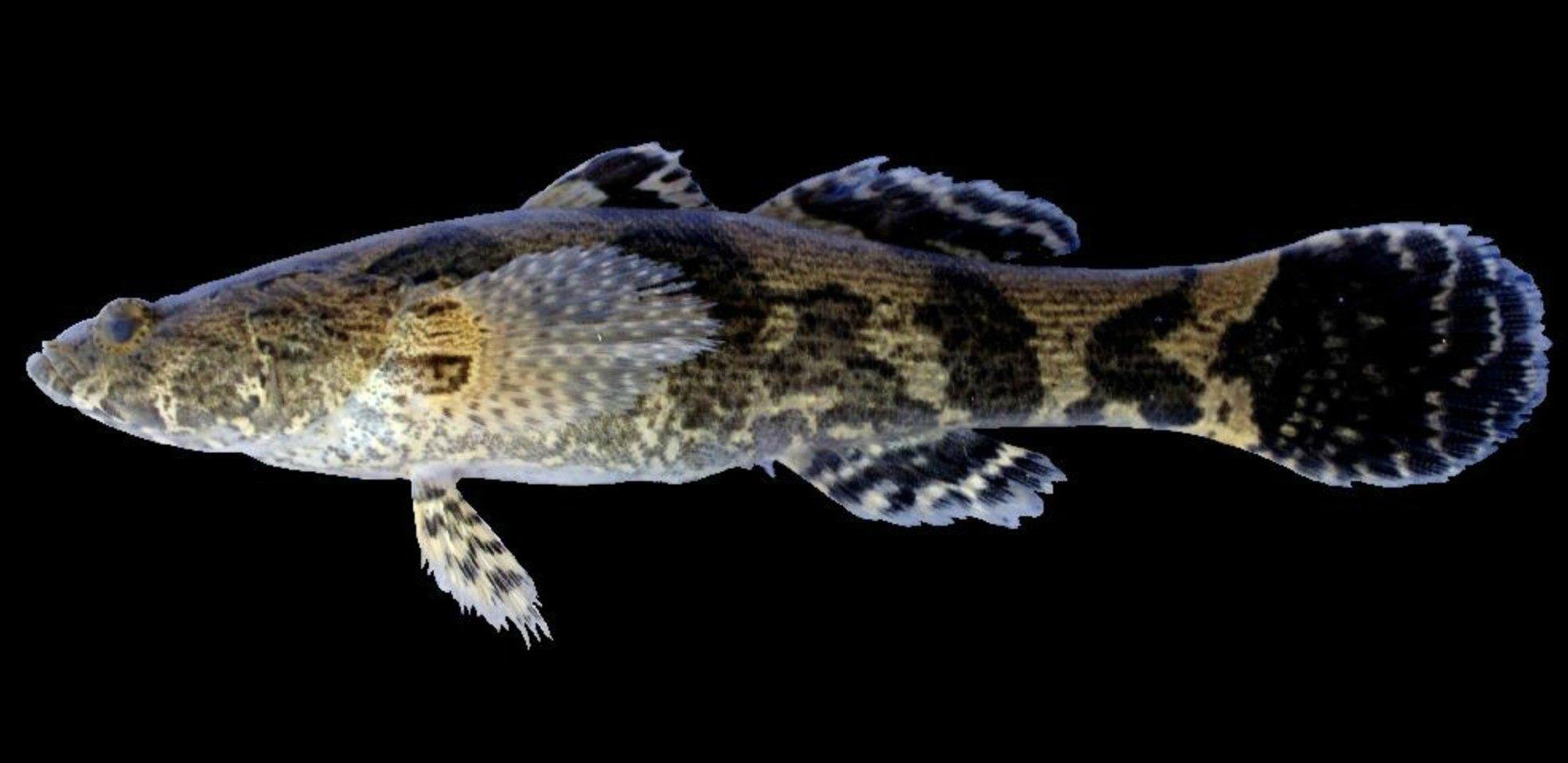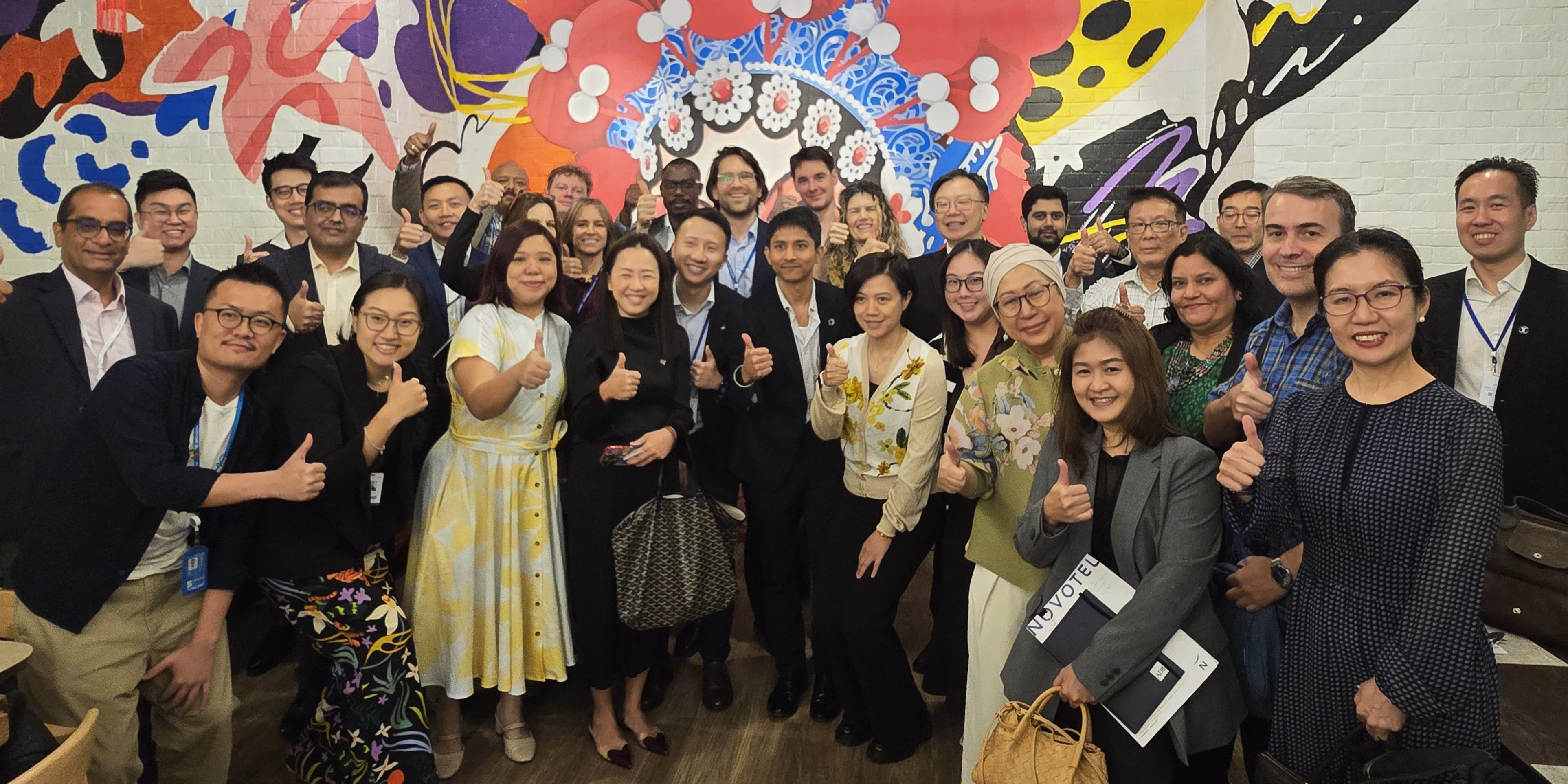Global fish production is approaching its sustainable limit, with around 90% of the world’s stocks now fully used, overused or in crisis according to the UN Food and Agriculture Organisation (FAO)’s 2016 report. This is mainly due to overfishing, which
has led to severe loses in our oceans. Despite this situation, the demand for fish continues to rise globally, as consumers look for healthier nutritional alternatives. With little farming land and limited fishing grounds, Singapore, which imports
over 90 per cent of its food, is turning to sustainable aquaculture to help stabilise the country’s fish supply by reducing its dependence on fish caught from the seas and rivers.
With this vision in mind, Temasek Foundation Innovates, a non-profit philanthropic organisation funded by Temasek Trust, is supporting the research of National University of Singapore Emeritus Professor Lam Toong Jin via its Singapore Millennium
Foundation grant. Professor Lam is a leading aquaculture expert who believes Soon Hock fish (scientific name: Oxyeleotris Marmorata) can be grown in fish farms more sustainably. “Soon Hock is a high-priced fish that is typically served in restaurants.
It does not require much water for culture, so this means it can be grown sustainably in shallow tanks stacked up vertically together with vegetables and herbs in an aquaponics system”, says Professor Lam. An aquaponics system combines conventional
aquaculture (raising aquatic animals in tanks) with hydroponics (cultivating plants in water except in this case water is circulating to a planter bed of gravels in a flow-and-ebb fashion). This allows water to be fed into a hydroponic system where
the by-products of the fish are broken into nitrates, which are then utilised by the plants as nutrients, while the water is recirculated back through the system. Additionally, the waste by-products may also be fed to aquatic animals such as tilapia,
shrimps and bivalves.
As Singapore tries to boost its supply of locally farmed fish, this discovery is significant because it means more fish farmers will be able to channel the wastes from the fish and feed to the plants and other fish and/or shellfish for growth,
while managing the water quality successfully. Additionally, Professor Lam has proven this system is scalable not simply for small home systems but for large farm systems as well.
FIND OUT MORE…
About Soon Hock breeding
Professor Lam and his team have been able to spawn the fish and raise the larvae through metamorphosis to the fry stage (the point where they can be cultured in farms to marketable size). The hatchery and nursery protocols have been worked out,
and they have been able to produce thousands of fry. Additionally they have been able to wean the fry to feed on artificial pelleted feed. Subsequently the fry can be grown to marketable size easily through the feeding of feed pellets. The technology
of farming and breeding of Soon Hock has been licensed to Blue-Green Aqua Systems Pte Ltd for further development.
About Soon Hock fish
Soon Hock fish is a widely distributed species of sleeper goby native to fresh and brackish waters of the Mekong and Chao Praya basins, as well as rivers and other water bodies in Thailand, Malaysia, Singapore, Indochina, the Philippines, and
Indonesia. This species is an economically important fish, being popular among the Chinese community due to its fine texture and tasty white flesh, and it is believed to have healing properties.
Did you know…
Singapore’s first urban rooftop aquaponics farm is located on top of *SCAPE, a shopping centre in the heart of Orchard Road. The farm provides fresh produce to establishments that include the Shangri-La and Raffles hotels. Crops like basil and
peppermint grow abundantly from vertical racks, and are tended to by several senior citizens and volunteers. Meanwhile, tilapia fish inhabiting large tanks on the farm’s premises provide fertiliser for the plants. (Source: Straits Times, August 2016)

From Sustainability to Impact: Mobilising Capital in a Changing World




